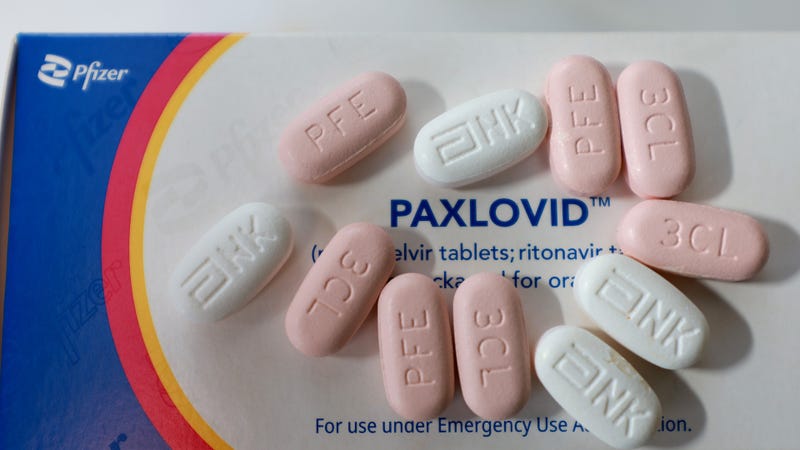
The medication Paxlovid can reduce the risk of symptoms of “Long COVID,” which affects millions of people in the U.S. and around the world.
That is the conclusion of a study by the St. Louis Veterans Affairs Health System released Monday.

“Paxlovid reduces the risk of severe COVID-19 in the acute phase, and now, we have evidence that it can help reduce the risk of long COVID,” said Dr. Ziyad Al Al-Aly, chief of research and development at the VA St. Louis Health Care System, which led the study. “This treatment could be an important asset to address the serious issue of long COVID.”
In the interest of public health, the study, “Nirmatrelvir and the risk of post-acute sequelae of COVID-19,” was released before peer-review on the pre-print server medRxiv on Saturday.
It showed that those given the oral antiviral medication in the first five days of a COVID-19 infection had a 25% decreased risk of developing 10 of 12 different Long COVID conditions — including heart disease, blood disorders, fatigue, liver disease, kidney disease, muscle pain, neurocognitive impairment, and shortness of breath.
The Food and Drug Administration approved Paxlovid for COVID-positive patients at high risk for severe COVID-19 in December of 2021. It is a combination of two medications, nirmatrelvir and ritonavir. It has to be prescribed within five days of symptoms.
Researchers based the study on an analysis of electronic health records in databases maintained by the Department of Veterans Affairs. It examined 9,217 COVID patients treated with Paxlovid against 47,123 patients who did not receive the medication or antibody treatment within the first month of a SARS-CoV-2 infection.
Researchers cautioned that those studied were mostly white males. Patients in the study were diagnosed with COVID in the second quarter of 2022 and were followed until Aug. 31.
“This groundbreaking study is going to improve the lives of veterans and all Americans,” VA Secretary Denis McDonough said in a statement.
The decreased risk of Long COVID associated with Paxlovid treatment exists regardless of whether it was a participant’s first infection or a reinfection, and regardless of whether the participant was unvaccinated, vaccinated or boosted, the study found.
More information on the VA’s COVID research can be found here.
Reach Julia LeDoux at Julia@connectingvets.com.


